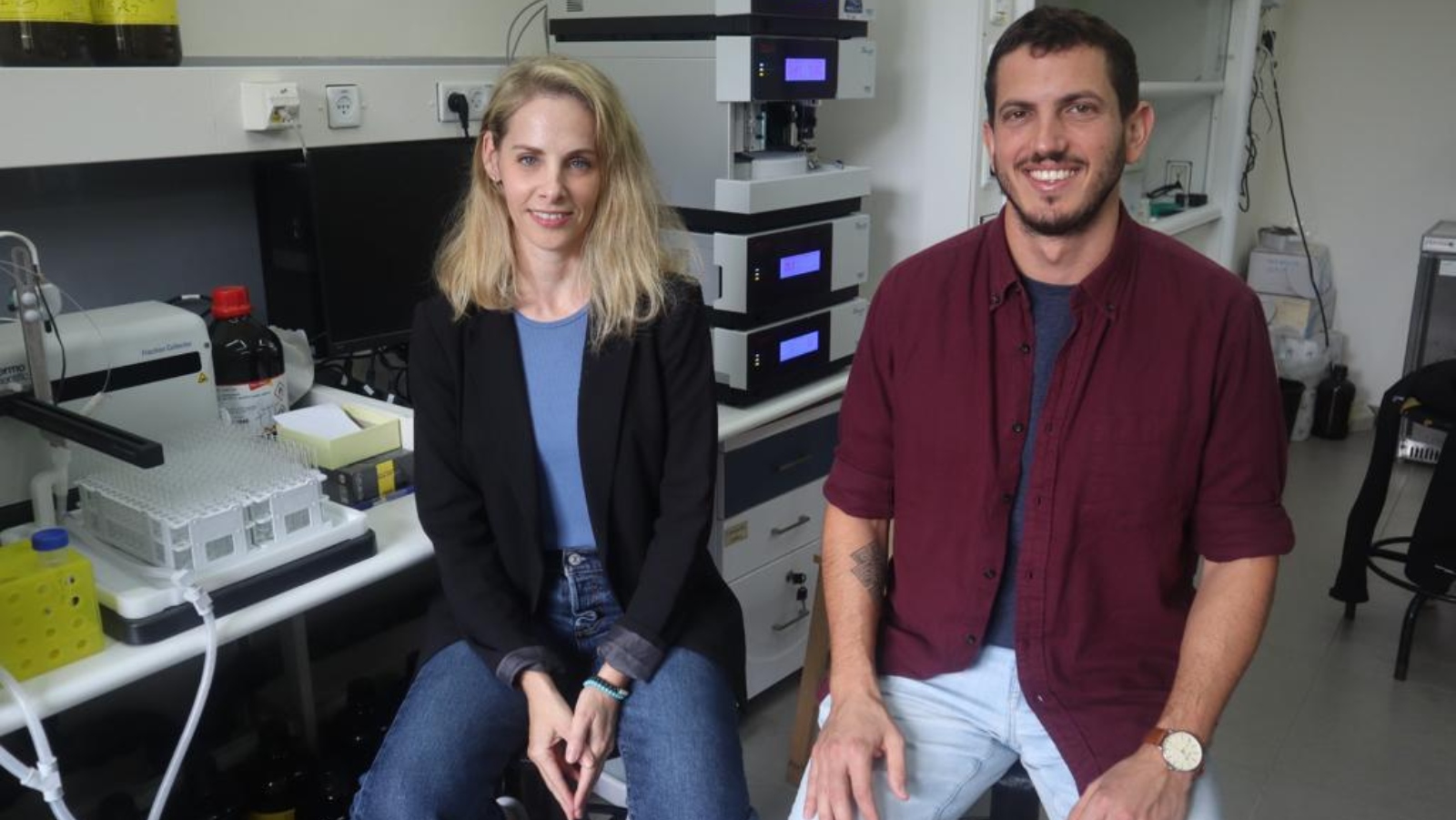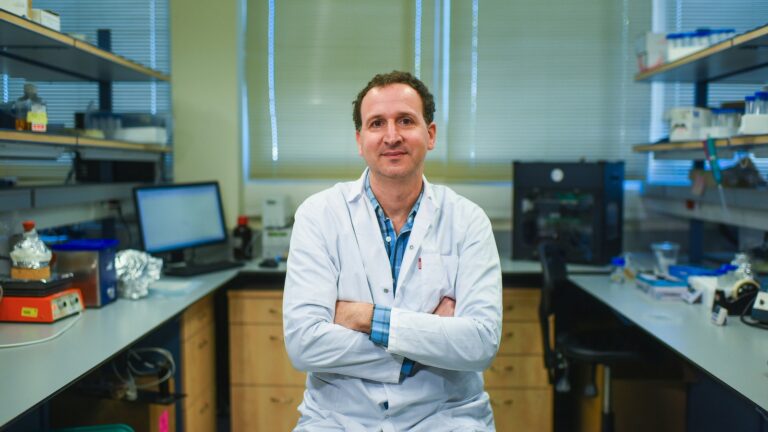Researchers from Tel Aviv University were inspired by the measles virus to develop a technology that addresses the challenge of efficiently encapsulating biomolecules for controlled release in the body using external light stimuli.
Dr. Ayala Lampel and PhD student Itai Katzir, who led the study recently published in Advanced Materials, explain that the technology mimics the “viral factory” compartments formed by the measles virus to host all the reactions involved in the formation of new viral particles.
“Our goal was to engineer liquid-like compartments from a complex of peptide and RNA molecules that will enable efficient encapsulation of various biomolecules while keeping their native structure,” explained Lampel.
“We further developed these compartments to be stimuli-responsive by incorporating a protecting group to the peptide sequence that is cleaved following UV irradiation,” she added.
“We showed that by exposing the compartments to UV light and releasing the protecting group, we can control the release of encapsulated biomolecules.”
The system is high permeable, opening opportunities for applications including encapsulation, delivery and release of drugs, proteins, antibodies or other therapeutics.
Fighting for Israel's truth
We cover what makes life in Israel so special — it's people. A non-profit organization, ISRAEL21c's team of journalists are committed to telling stories that humanize Israelis and show their positive impact on our world. You can bring these stories to life by making a donation of $6/month.








